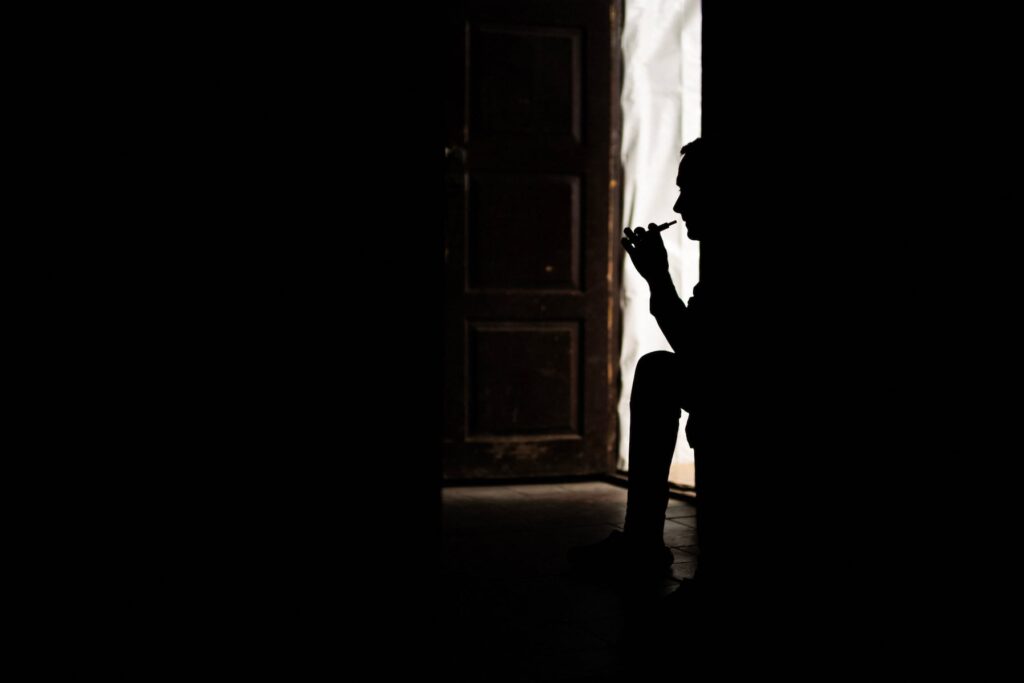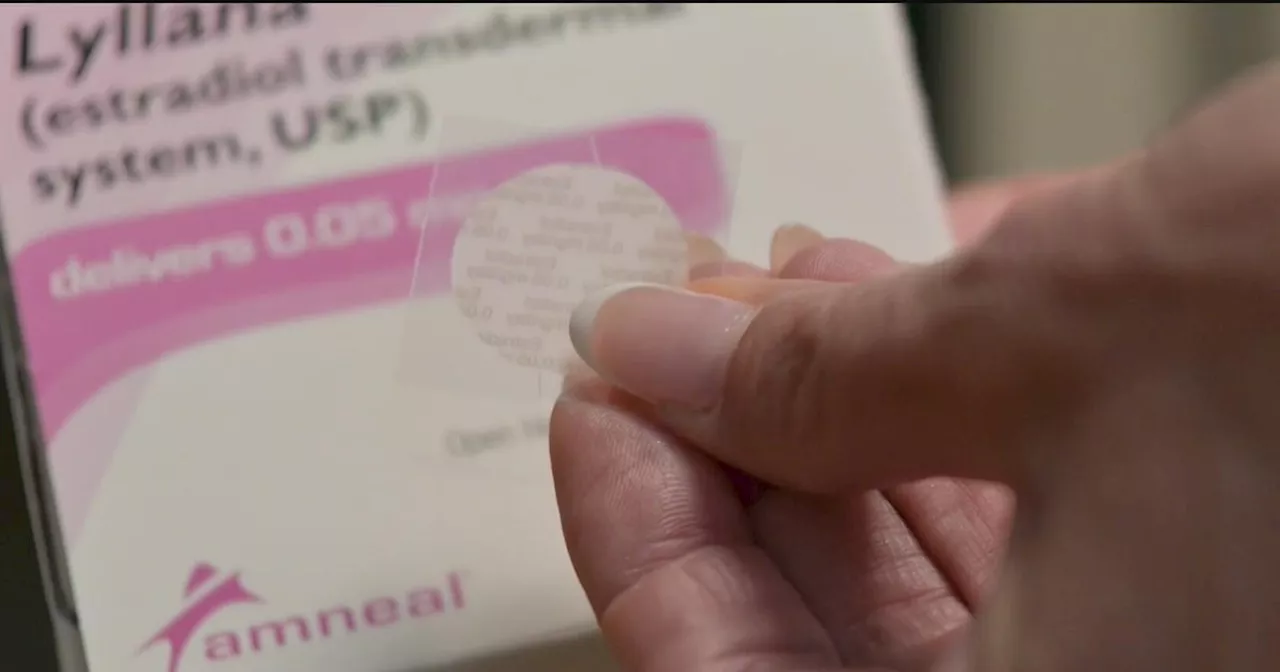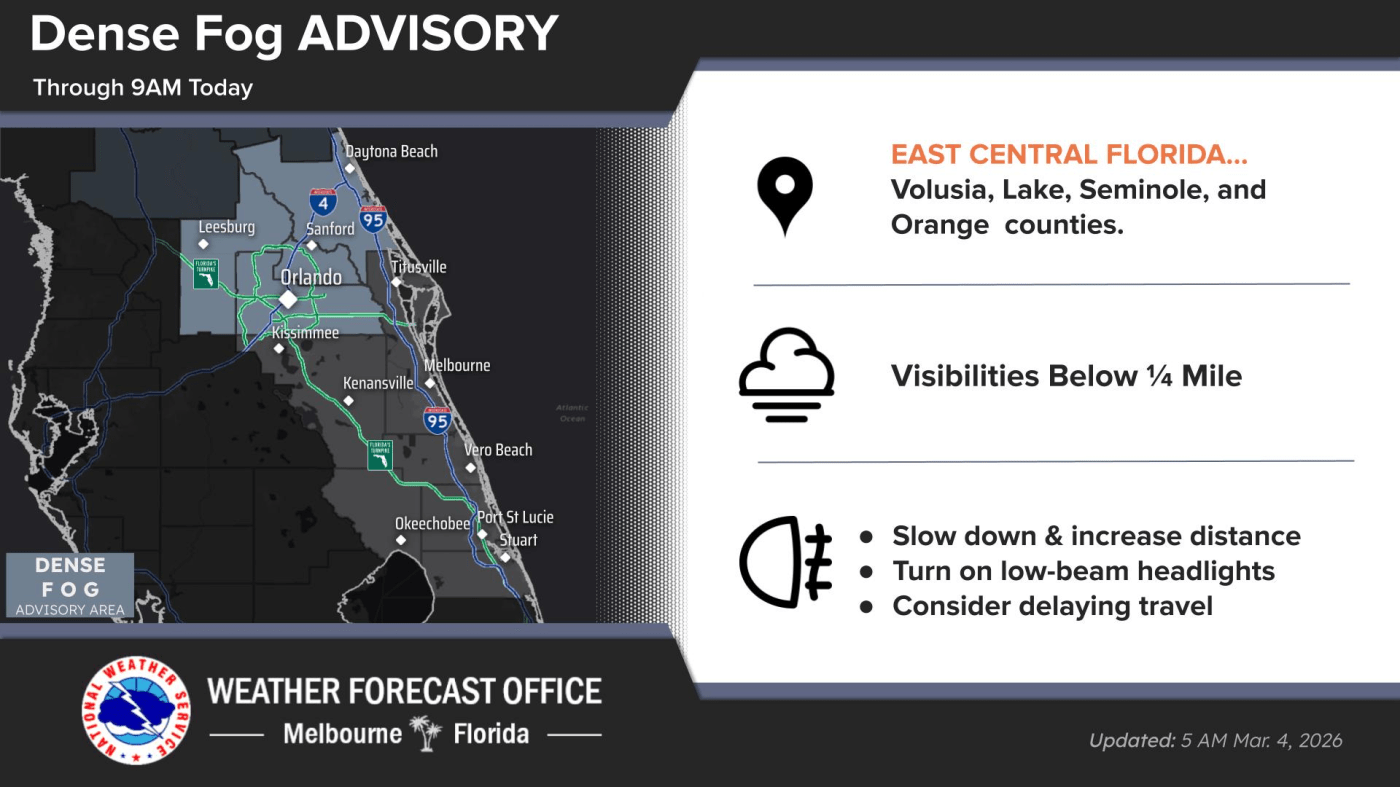
Federal authorities have seized more than 2.1 million unauthorized flavored e-cigarettes in a significant operation targeting illicit vaping products. The U.S. Department of Justice (DOJ) announced the seizures this week, revealing that investigations focused on five distributors and six retailers across seven states. These businesses allegedly continued to sell unapproved electronic nicotine delivery system (ENDS) products despite multiple warnings from the Food and Drug Administration (FDA).
The court filings indicated that the companies neglected to comply with federal law, which requires premarket authorization for new tobacco products. The operation was coordinated by the U.S. Marshals Service, in collaboration with the Bureau of Alcohol, Tobacco, Firearms and Explosives and other agencies, as they conducted raids on the targeted establishments.
Details of the Seizures and Legal Actions
Authorities reported that many of the seized products were smuggled from China and were often sold near schools and military bases. Pamela Bondi, the Attorney General, emphasized the risks posed by these unauthorized vapes, stating, “These dangerous and unauthorized vapes are often smuggled in from China to be sold near schools and military bases, putting our kids and service members directly at risk. This is a national security issue, and this month’s raids are just the beginning.”
The DOJ has also filed court orders aimed at preventing future sales by the implicated companies and their owners. Retailers identified in the crackdown include:
- Tampa Vapor and Rainbow Food Mart in Florida
- Smoke House Sunset in California
- Strictly E-Cig in Georgia
- Center Point Distributors and Gorilla Vapes in New Jersey
- Vaportech Wholesale in Arizona
- Midwest Goods Inc. in Illinois
- Dream Distro LLC in North Carolina
Legal Framework and Future Implications
Under federal law, manufacturers of ENDS must secure FDA marketing authorization before distributing products in interstate commerce. Officials highlighted that the seized products were both adulterated and misbranded. They expressed a commitment to pursuing civil and criminal penalties against those who violate these regulations.
The recent seizures underscore a broader effort by federal authorities to regulate the vaping industry more strictly and combat the distribution of unauthorized products. This initiative is part of a growing concern over youth vaping and the health risks associated with unregulated nicotine products.
The DOJ’s actions reflect an ongoing commitment to public health and safety, as officials vow to take decisive steps against the illegal sale of vaping products. The consequences for violating these laws could significantly impact the future operations of the implicated companies.







